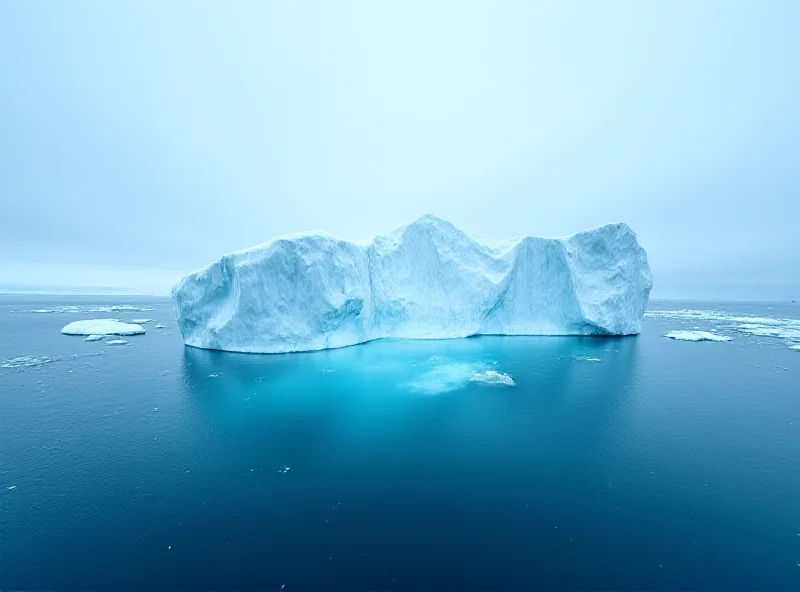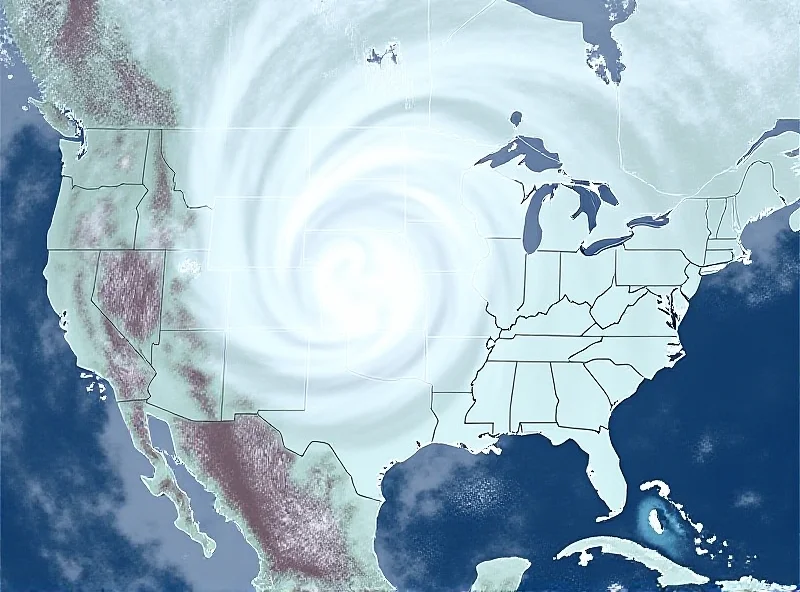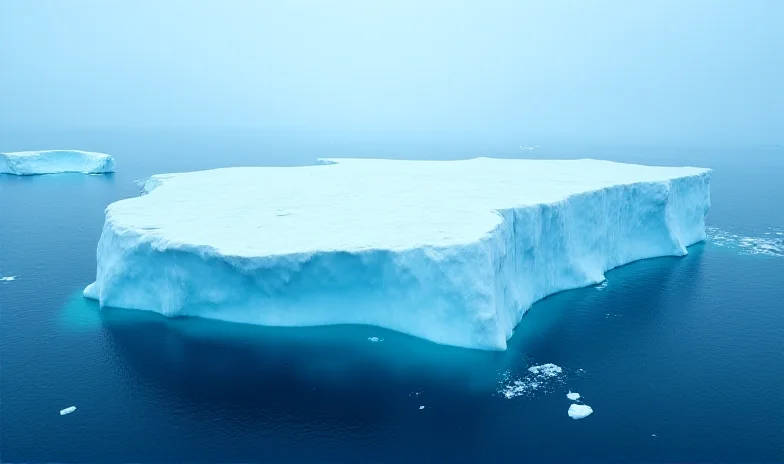Welcome to your weekly dose of science news! This week, we're covering everything from colossal icebergs to virtual reality taste experiences and the impact of rising temperatures on our oceans. Let's dive in!
A Superberg Runs Aground
A massive iceberg, a true behemoth four times the size of New York City, has run aground east of the southern tip of South America. This "superberg," as it's being called, is a stark reminder of the scale of glacial ice and the dramatic changes occurring in our polar regions.  While the exact consequences of this grounding are still being studied, it's a significant event that highlights the ongoing effects of climate change.
While the exact consequences of this grounding are still being studied, it's a significant event that highlights the ongoing effects of climate change.
The sheer size of the iceberg is staggering. Imagine a block of ice four times larger than one of the world's most iconic cities! This event underscores the urgent need to address climate change and its impact on our planet's delicate ecosystems.
Virtual Reality... For Your Mouth?
Scientists are exploring the fascinating world of virtual reality, but not just for sight and sound. They've developed a device that aims to simulate taste! Volunteers who tested the device were able to experience flavors meant to represent distant samples of coffee, lemonade, fried eggs, cake, and even fish soup.
This technology could have wide-ranging applications, from helping people with taste disorders to creating novel culinary experiences.  Imagine being able to "taste" food from anywhere in the world without ever leaving your home! The possibilities are truly exciting.
Imagine being able to "taste" food from anywhere in the world without ever leaving your home! The possibilities are truly exciting.
"This is a game-changer for how we experience food," says Dr. Emily Carter, lead researcher on the project. "We're unlocking new ways to interact with our senses and explore the world around us."
Extreme Weather Threatens the U.S.
A powerful storm system is brewing across the United States, bringing the threat of extreme weather to a wide swath of the country. From wildfires and blizzards to tornadoes, the potential hazards are numerous and severe. This "unusually strong" storm system for March underscores the increasing volatility of our climate.
Residents in affected areas are urged to take precautions and stay informed about the latest weather updates.  The storm's intensity serves as a reminder of the growing impact of climate change on weather patterns around the globe.
The storm's intensity serves as a reminder of the growing impact of climate change on weather patterns around the globe.
Ocean Food Web Under Pressure
Rising ocean temperatures, driven by climate change, are disrupting the delicate balance of the marine ecosystem. Scientists are gaining new insights into how plankton, the foundation of the ocean food web, is being affected by these changes. As temperatures rise, plankton populations are struggling, potentially impacting the entire food chain.
The consequences of this disruption could be far-reaching, affecting everything from fish stocks to marine mammals. Protecting our oceans and mitigating climate change is crucial to preserving the biodiversity and health of our planet.

And that's your science news update for this week! Stay curious, and keep exploring the wonders of our world.
